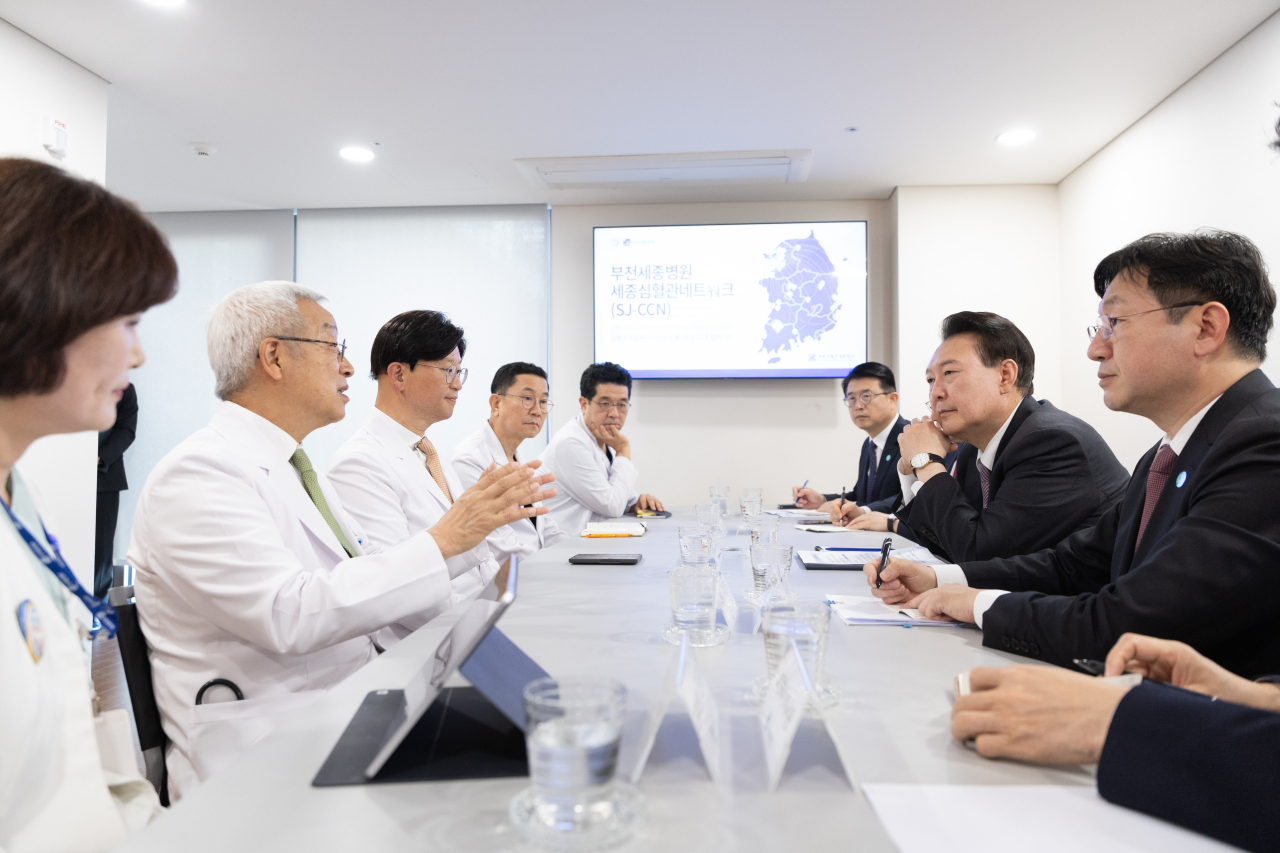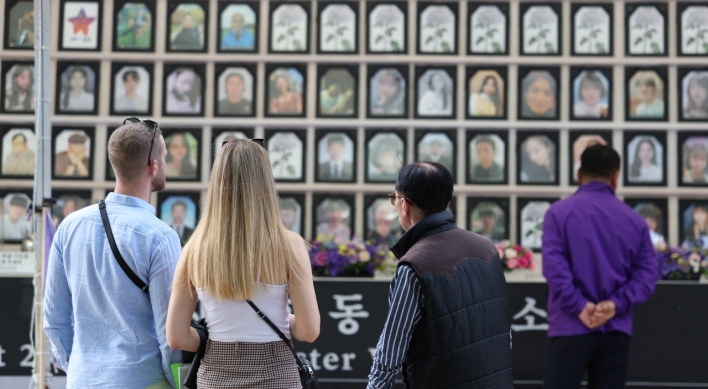How big election factor was Yoon's medical reform plan?
By Lee JaeeunPublished : April 10, 2024 - 18:08

The medical standoff between the government and the medical community has impacted the nation's health care sector and been at the center of controversy since February. However, it was not generally included on campaign agendas, as rival parties feared triggering backlash due to the sensitivity surrounding the issue.
Earlier in February, the government announced the state plan to boost the medical school enrollment quota by 2,000 seats, claiming that it was to address a chronic shortage of doctors in rural areas and essential but less popular medical fields. The plan was met with resistance from the medical community with about 12,000 trainee doctors across the country resigning. Medical professors have also submitted resignations in support of the junior doctors, sparking concerns over the medical void, particularly for patients in critical care.
Some worried that the prolonged doctors’ strike could spell trouble for Yoon's People Power Party ahead of the elections. Such a concern was partly translated into the People Power Party's campaign with some in the party urging voters to support Yoon’s medical reform plan, stressing that the plan is entirely for the people.
Democratic Party of Korea also did not go against the Yoon administration and the ruling party with the issue of the prolonged medical standoff, as the plan of expanding the medical student quota had also been pushed by its previous leader, former President Moon Jae-in four years ago. The plan was withdrawn out of concern that a brief protest by the medical community at that time could jeopardize the nation's health system hit by the COVID-19 pandemic.
But after the election, the confrontation is likely to be intensified.
The medical community predicts that the Yoon administration is likely to push ahead with medical reform regardless of the results of the elections, since the president has repeatedly stated that an increase in the annual medical school enrollment quota of 2,000 is the minimum, according to local reports.
The Korean Medical Association -- the largest coalition of doctors’ groups here, with some 140,000 members, said Wednesday, “If there is no change in the government’s attitude, we have no plans to enter into further negotiations.”







![[Music in drama] Rekindle a love that slipped through your fingers](http://res.heraldm.com/phpwas/restmb_idxmake.php?idx=644&simg=/content/image/2024/05/01/20240501050484_0.jpg&u=20240501151646)


![[New faces of Assembly] Architect behind ‘audacious initiative’ believes in denuclearized North Korea](http://res.heraldm.com/phpwas/restmb_idxmake.php?idx=644&simg=/content/image/2024/05/01/20240501050627_0.jpg&u=20240502093000)








